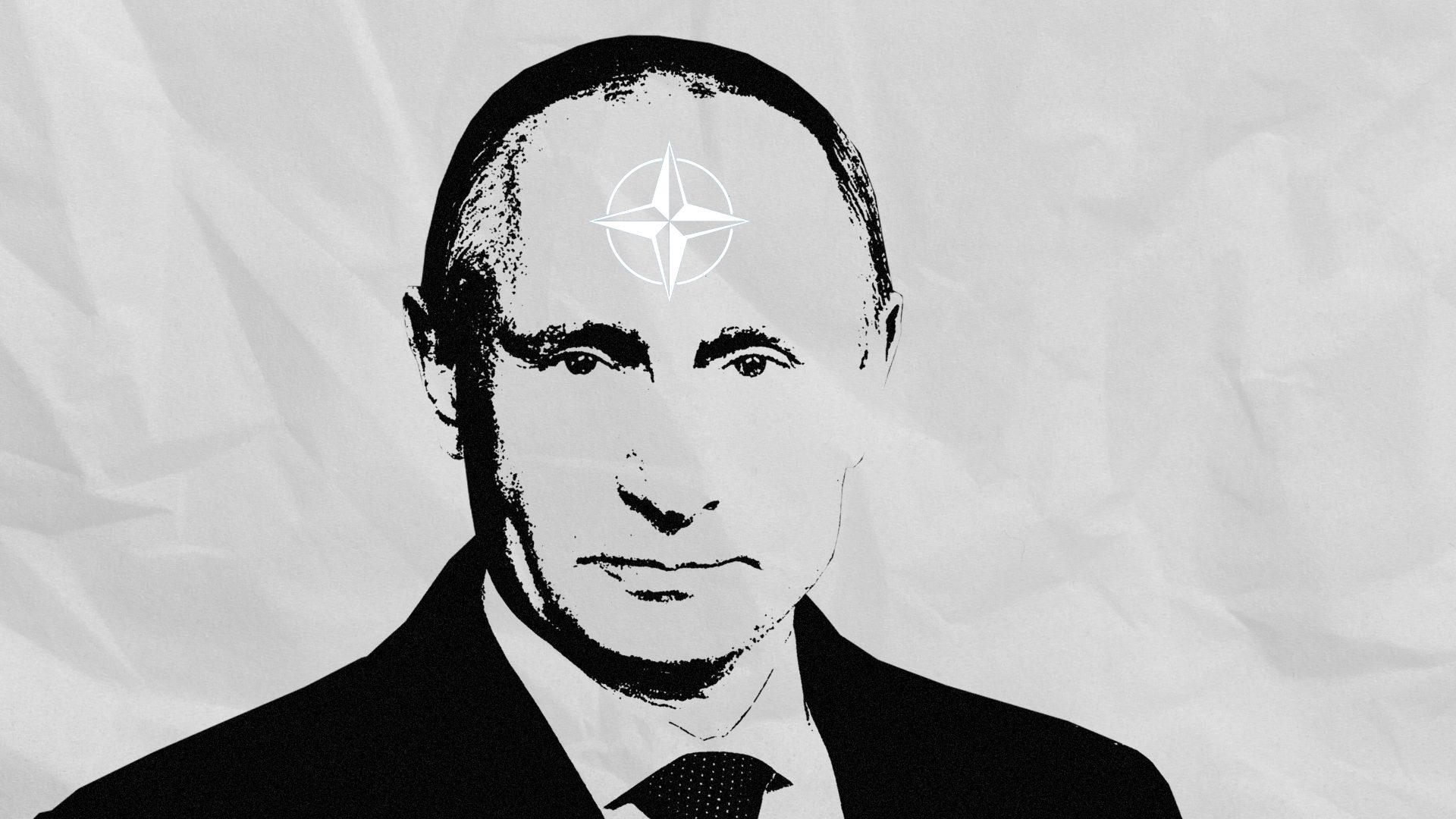Despite all the sanctions, all the words of comfort, of solidarity and support, the world is failing Ukraine. A child flees Ukraine every second and another is killed every few hours. Meanwhile we wait and pray that Ukraine’s brave army of citizen soldiers will somehow prevail.
Probably our best weapon against Putin – Russia’s global economic isolation – could be effective if it were comprehensive: banning all banks from Swift not just some, an immediate ban on Russian energy exports, a de facto blockade of Russian ports. But even a total embargo would still leave the civilian populations of Ukraine’s besieged cities at the mercy of an increasingly embittered despot for what could be weeks or even months. As the bombardment of Ukraine becomes ever more brutal and indiscriminate, the Ukrainian President’s pleas to ‘close the skies’ have become ever more urgent, his incredulity at global inaction more pointed by the day.
The reasons for caution are all too clear. Direct military engagement by NATO, on the ground or in the skies, could be the tripwire that takes us all the way to the gates of Armageddon. Nuclear weapons are a fatally flawed, asymmetric deterrent. They empower Putin to act with impunity while democracies are paralysed by fear and guilt.
Rather than being passive bystanders, the international community could instead choose to be proactive peacemakers and help bring the war to an end. The lack of international effort on the diplomatic front has been rightly condemned by the Ukraine’s leaders. Negotiations have largely been left up to Russia and Ukraine to organise bilaterally, with a little help from self-appointed go-betweens like Turkey and Israel.
The United Nations Security Council has so far been “missing-in-action”, stymied by Russia’s power of veto. However, this does not mean the UN cannot and should not play a leading role. Traditionally, UN peacekeeping operations are established by the Security Council. But when the Security Council is deadlocked the UN General Assembly – that President Zelensky soon hopes to address directly on his virtual tour of the world – can assume the responsibility for ensuring peace and security that is normally reserved to the UN’s supreme body.
This has happened a number of times in the history of the UN: during the Congolese Civil War in the 1960s, the Suez Crisis and in the original ‘Uniting for Peace’ resolution over Korea from which the General Assembly derives its right to independent action. That resolution states that if the Security Council, because of a lack of unanimity among its five permanent
members, fails to act as required to maintain international peace and security, the General Assembly shall consider the matter immediately and may issue appropriate recommendations to UN members. The International Court of Justice confirmed in an advisory opinion exactly sixty years ago that this includes the “power to organise peacekeeping operations”.
Using its mandate under “Uniting for Peace” for the first time in 40 years, the General Assembly adopted its own resolution on Ukraine on March 2, 2022, calling on Russia to withdraw its military troops from Ukraine.
The Ukrainian Parliament voted in favour of the establishment of a UN peacekeeping force in its own resolution the very next day – calling for the establishment of humanitarian ‘green’ corridors for the evacuation of civilians and the provision of humanitarian assistance. This could be widened to include UN-mandated safe zones to protect the civilian population and important infrastructure like the nuclear power stations at Chernobyl and Zaporizhzhia from aerial and artillery attack.
The idea is gaining traction. The Polish Deputy Prime Minister, Jaroslaw Kaczynski has publicly backed the creation of a peacekeeping force. The Czech Defence Minister, Jana Cernochova, has called specifically for the UN to take the lead. Embroiling NATO directly in the conflict is clearly a risk that no-one wants to take. But anchoring the peace-keeping operation not in NATO but the UN, as Cernochova suggests, could allow us to break the current impasse.
Involving the large number of neutral, non-NATO countries from all continents that make up the UN’s 70,000 strong force would make it much more difficult for Putin to present this as a war with the West, as former NATO Supreme Allied Commander Wesley Clark has argued. Canada’s former Ambassador to the UN, Allan Rock, has raised the prospect this could even include China, and urges Canada to lead a coalition in the General Assembly in favour of blue helmets on the ground.
Convention dictates such a peacekeeping operation would need the consent of both parties to the war and at least the negotiation of some kind of limited ceasefire. The UN peacekeepers could then insert themselves as an inter-position force between the Ukrainian and Russian Armies and even potentially oversee a UN-mandated no-fly zone, at least in the demilitarised areas. By definition, UN peacekeepers would be impartial, with any use of force limited, following standard UN policy, to self-defence or the achievement of its mandate to protect civilians.
Agreement over peacekeeping could be the first step in a more sustainable resolution of the conflict. An international peace conference, mediated by the UN Secretary General, António Guterres, with the same vigour and vision, say, of a Kofi Annan could potentially add impetus to the progress in peace talks so far.
Were Putin to remain intransigent and the current negotiations turn out to be just an elaborate ruse, then the UN should reserve the right to shift to more of a peace enforcing role. Our best deterrent to a further escalation – the use of chemical, biological or nuclear weapons, or the commission of war crimes against civilians on a more massive, even genocidal scale – may yet prove to be the UN’s most potent symbols, the olive branch, the blue helmet and the blue beret.
It’s time we used them, and used them fast, as time for the world to waste is one thing the Ukrainian people do not have.
Adam Price MS is the leader of Plaid Cymru









